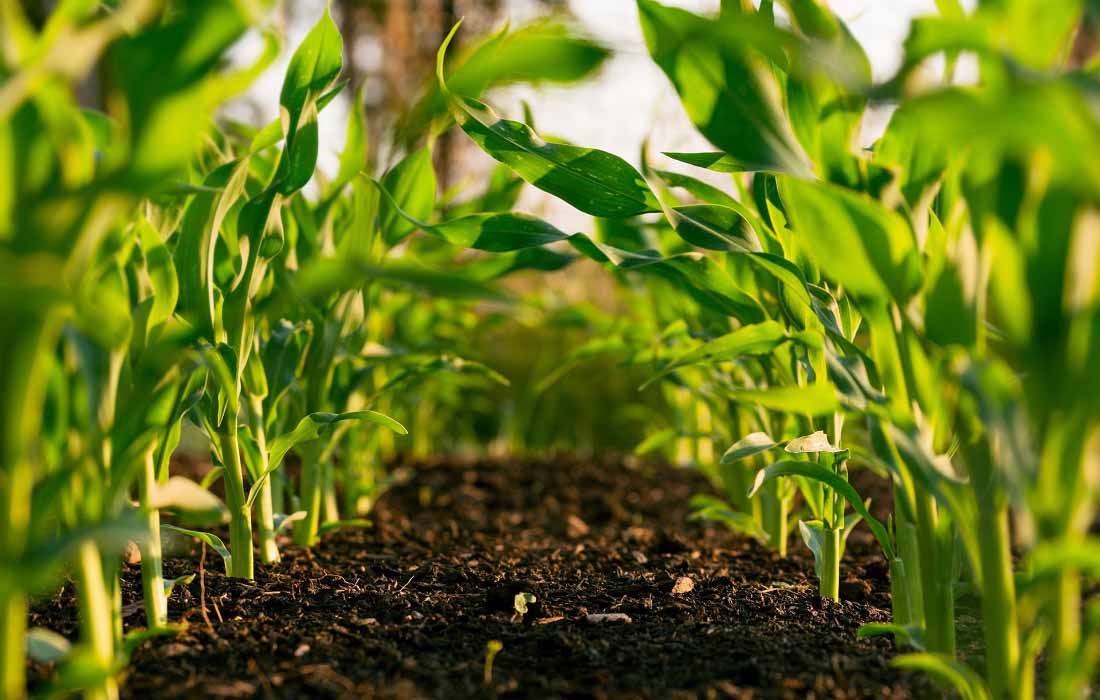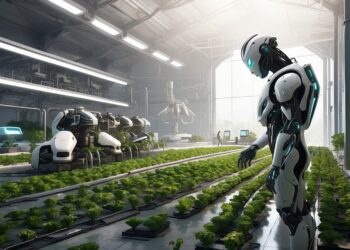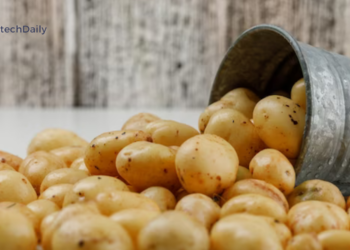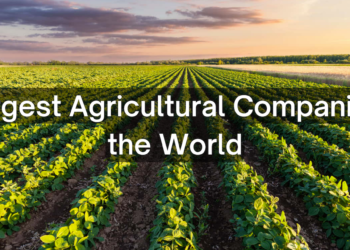Agrotech is revolutionizing the agriculture industry with innovative solutions that are enabling farmers to produce more food sustainably. This article examines the latest trends and developments in agrotech and how they are transforming modern agriculture.
Agriculture has come a long way since the days of manual labor and traditional farming methods. The agricultural sector has experienced significant changes with advancements in technology, leading to the development of new and innovative techniques that are making farming more efficient and sustainable.
Agrotech, a term used to describe technology developed for the agriculture industry, is transforming the way farmers work. Agrotech is a vast field, ranging from advanced sensors to artificial intelligence, drones, and robotics. The application of these technologies is leading to higher crop yields, reduced waste, and increased efficiency in farming processes.
This article will explore the latest trends and developments in agrotech and how they are changing the face of modern agriculture.
Precision Agriculture

Precision agriculture is an agrotech trend that involves the use of data and advanced technologies to enhance farm productivity and efficiency. Precision agriculture incorporates the use of sensors, drones, and advanced analytics to monitor crops, soil, and weather conditions. This data is then used to make informed decisions on irrigation, fertilization, and pest control.
Robotics and Automation
Robotic technology is increasingly becoming popular in agriculture, and for good reasons. Robotics and automation systems can perform repetitive tasks that would have taken human labor hours to complete. These machines can harvest crops, sort produce, and even plant seeds with precision and efficiency, leading to increased productivity and lower labor costs.
Biotechnology
Biotechnology is a field of science that involves the use of living organisms to produce or modify agricultural products. Biotechnology is responsible for the development of genetically modified crops that are more resistant to pests and diseases. These crops have led to increased yields, reduced pesticide use, and lower environmental impact.
Vertical Farming
Vertical farming is a relatively new concept that involves growing crops in a controlled environment with minimal land use. Vertical farming uses hydroponics, a system of growing plants without soil, and LED lighting to grow crops vertically. This system is ideal for urban farming, where space is limited, and it reduces the need for transportation, making it an eco-friendly solution.
Agricultural Drones
Drones are becoming increasingly popular in agriculture. Agricultural drones are equipped with sensors that can provide farmers with accurate data on crop health, soil moisture, and weed density. This data can be used to make informed decisions on irrigation, fertilization, and pest control, leading to higher crop yields and reduced waste.
Artificial Intelligence
Artificial intelligence (AI) is revolutionizing the way farmers work. AI systems can analyze data from sensors, drones, and other technologies to provide insights that can help farmers make informed decisions. AI-powered systems can also automate farm operations, leading to increased efficiency and reduced costs.
Blockchain Technology
Blockchain technology is being used in agriculture to create a transparent and secure system for tracking food products from farm to table. This technology enables farmers to trace the origin of their products and ensure that it meets the necessary quality standards. Blockchain technology can also help prevent food fraud and reduce food waste.
Smart Irrigation
Smart irrigation is an agrotech trend that involves the use of sensors and data analytics to optimize irrigation schedules. This technology helps farmers use water more efficiently, leading to reduced water usage and increased crop yields.
Big Data Analytics
Big data analytics is becoming increasingly popular in agriculture. Farmers can use data analytics to track weather patterns, soil health, and crop yields, among other things. This data can then be used to make informed decisions on crop management, leading to increased efficiency, higher yields, and reduced costs.
Autonomous Farming
Autonomous farming is an agrotech trend that involves the use of autonomous vehicles to perform farm operations. These vehicles can be used for tasks such as planting, harvesting, and spraying. Autonomous farming systems can reduce labor costs, increase productivity, and enhance safety on farms.
Sustainable Agriculture

Sustainable agriculture is an increasingly important trend in agrotech. This involves farming methods that are environmentally friendly and socially responsible. Sustainable agriculture includes practices such as conservation tillage, crop rotation, and integrated pest management. The goal is to produce food sustainably, while also protecting the environment and promoting social responsibility.
Conclusion
Agrotech is transforming modern agriculture by enabling farmers to produce more food sustainably. The latest trends and developments in agrotech are providing farmers with innovative solutions that are leading to higher crop yields, reduced waste, and increased efficiency in farming processes.
Precision agriculture, robotics and automation, biotechnology, vertical farming, agricultural drones, artificial intelligence, blockchain technology, smart irrigation, big data analytics, autonomous farming, and sustainable agriculture are all examples of the latest trends and developments in agrotech.
The future of agriculture is looking bright, as agro-tech continues to innovate and provide solutions that make farming more efficient, productive, and sustainable.








